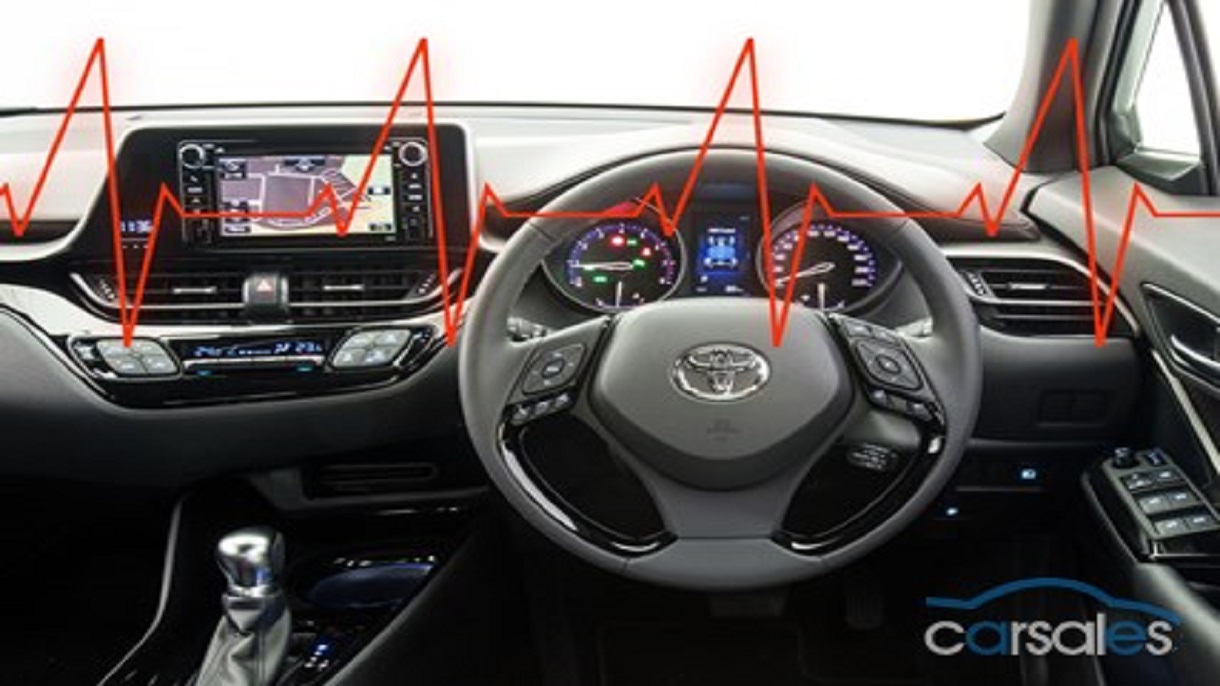Toyota developing technology to detect driver heart attacks
New technology could help prevent road collisions due to cardiac events
In Brooklyn, New York earlier this year, after its driver suffered a heart attack, a cab hurtled onto a footpath and slammed into a young girl.
While the girl miraculously survived, the incident served to highlight the potential dangers of cardiac issues for all road users.
Heart disease is the leading cause of death in Australia each year.
Toyota is addressing this issue by researching technology which will enable its cars to analyse the physiology of the driver, detect if they are having a heart attack and then safely bring the vehicle to a halt.
The Japanese automaker has teamed up with the University of Michigan to develop the technology.
“A large number of traffic incidents are caused by medical conditions while driving, specifically cardiovascular events”, Michigan Medicine researcher Dr. Kayvan Najarian revealed. “Toyota discussed how they wanted to move towards technology that can monitor and analyse the physiology of the person driving and predict if they are going to have adverse cardiac events”.
According to the team, cardiac events are feasible to detect with in-car technology and they developed an algorithm-powered system which can be placed inside the car to predict a cardiac event.
Data will be analysed by machine-learning models, prior to testing the system on real-time prediction of cardiac events.
While this idea appears to be innovative, it’s not without its challenges. One issue could be inaccurate technology which causes the vehicle to unnecessarily stop.
“A challenge for vehicle applications is having a system that can detect small changes in heart rhythms but can also separate out the noise and motion that happens inside the vehicle,” explained Toyota’s Pujitha Gunaratne. “In an Intensive Care Unit, there are all types of mechanisms in place to ensure that the monitors are not experiencing electronic interference. That's not as easy inside a vehicle. We're going to need to have robust and advanced algorithms”.
The team will continue to test and validate algorithmic options and hope to present preliminary results by 2020.






